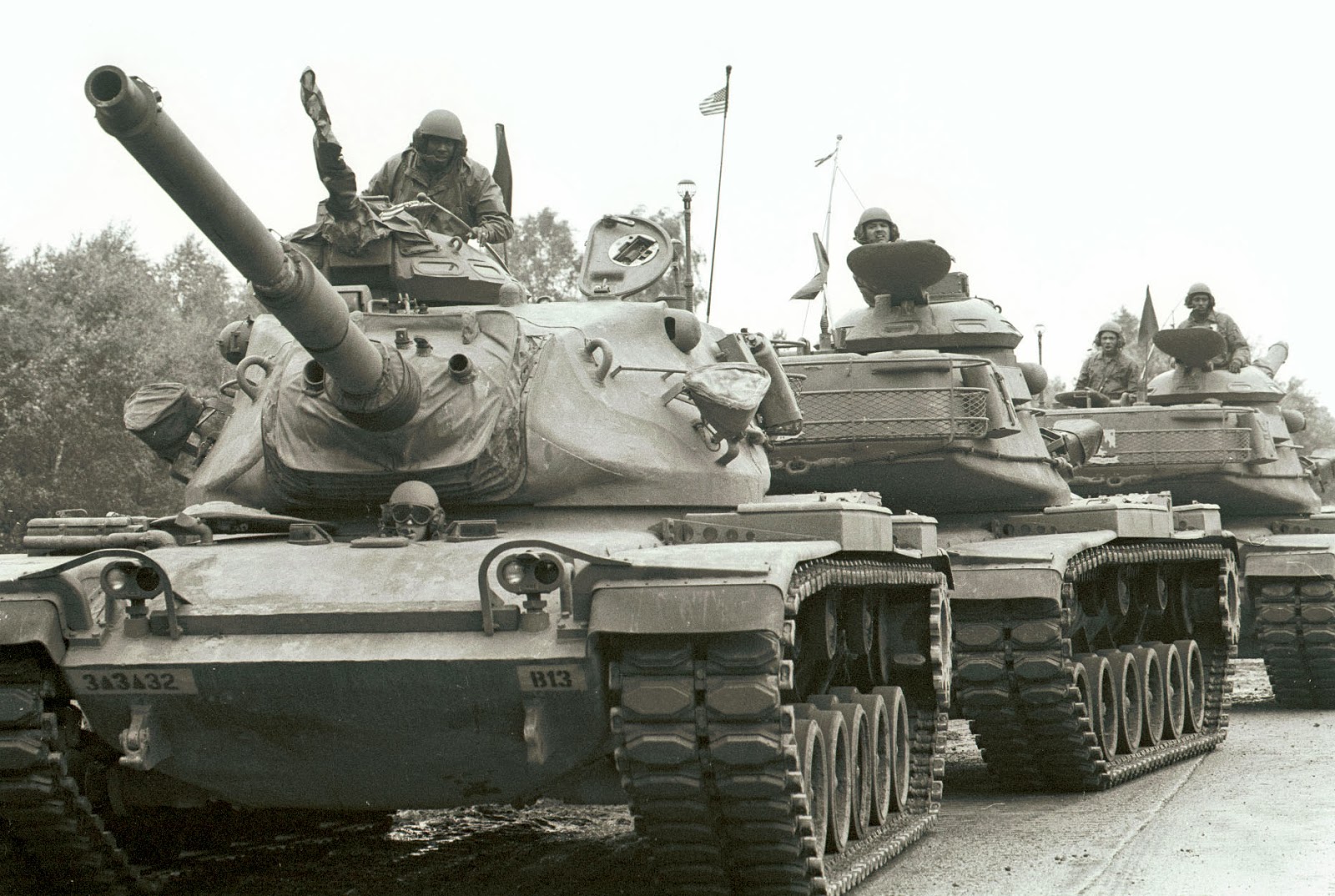· The Collapse of Soviet Union
The Soviet Union is a federation of
socialist communist countries that pioneered the establishment by Lenin with
the Bolsheviknya after to overthrow the powers of Tsar Nicolas II in 1917
through the Bolshevik Revolution. At the time of the Soviet Union led
by Michael Gorbachev, he suggested the idea of renewal or restructuring
through Glasnot (openness) and perestroika (democratization). It is intended to
catch up with the Soviet Union in the fields of economics and politics compared
to Western European countries. But after the idea was presented by Michael
Gorbachev appeared various upheavals in various parts of the Republic of the
Soviet Union, and eventually Gorbachev was unable merngendalikannya. Updates
and changes that had been intended to promote the Soviet Union became the main
cause of the collapse of Soviet Union.
In general, the causes of the
collapse of Soviet Union are:
1. System Marxism did not have
effective control of both the political and economic fields.
2. Marxism does not have the
flexibility in the face of changing times.
3. Pertestroika Gorbchevtentang
Policy and Glasnot contrary to Marxism.
4. Another of Gorbachev's policy is
endangering the existence of socialism
communism.
5. Marxism rely more on the
strength of the workers, not in accordance with the state of the Soviet Union
the largely peasant who wants to have property rights.
The collapse of the Soviet Union
lead to some impacts on the state of the world, namely:
1. The end of the Cold War between
the West Block (Ameriuka States) with the Eastern Bloc (Soviet Union).
2. Reduced anxiety towards the
World War III.
3. Many communist country turned
into a democratic state.
4. United States appeared as a
superpower.
5. The fall of communism in Eastern
Europe countries.
NEGATIVE (COLD WAR) :
1. Military
field
With
the existence of nuclear weapons developed rapidly by both countries, the
people of the world to experience tremendous fear for the possibility of an
actual nuclear war by the two countries in dispute. NATO
is a defense organization which roughly agreed on the agreement that if one
country is attacked it is considered an attack against NATO.
2. Politics
Impact
in the field of politics we can see from the construction of the Berlin Wall in
Germany as the boundary between West Germany and East Germany. In the second
world war the country had been divided into two, namely West Germany which had
its capital in Bonn and East Germany which had its capital in Berlin. The
country is experiencing a split because there are 2 different ideologies that
prevail in this country, which adopted the German liberal western and eastern
German Communist adopted. This
wall is very well known to people as a symbol of the Cold War.















